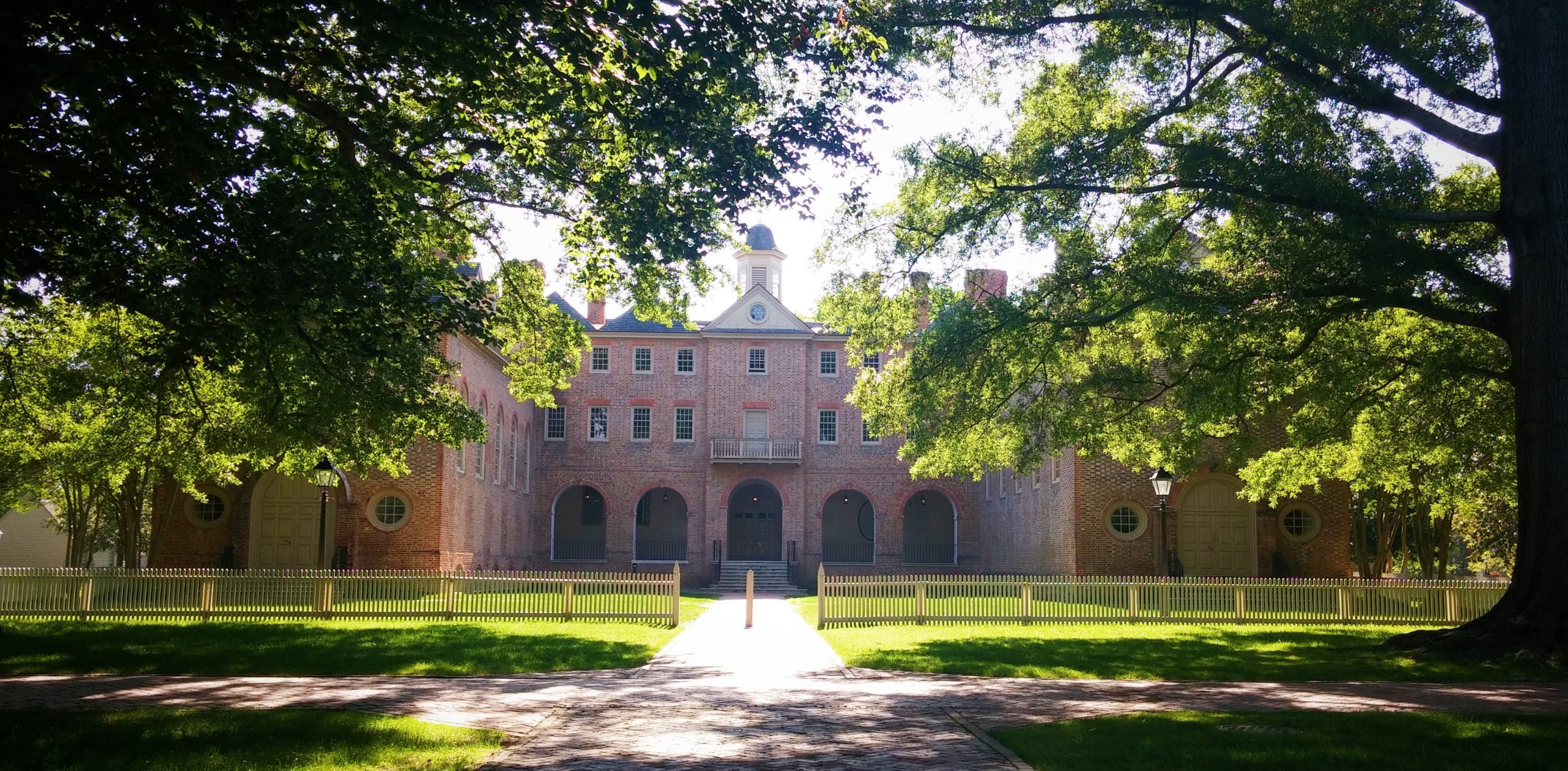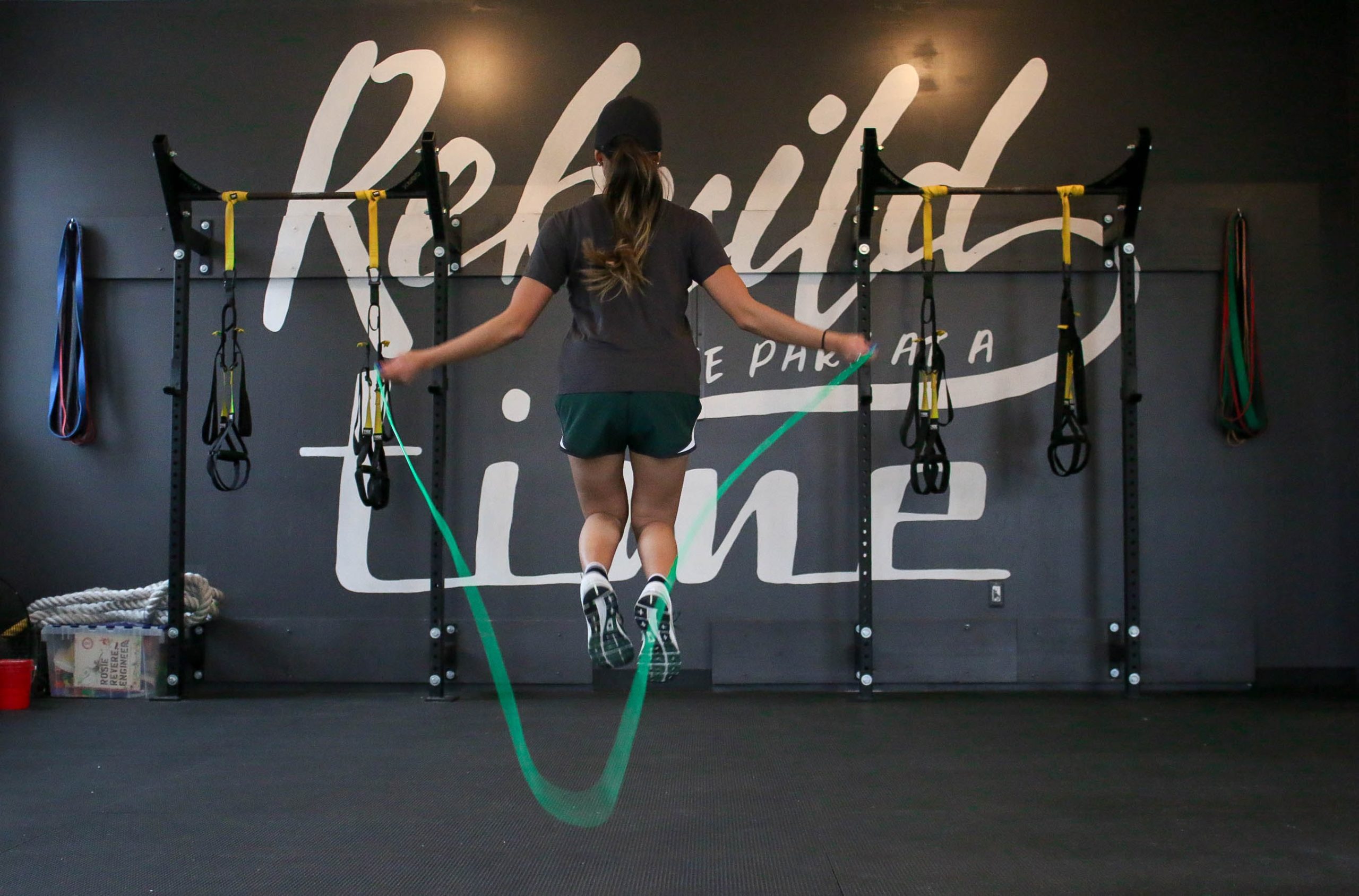
by rossanahead | Jan 24, 2012 | career, Education, Mari-an Santos, woman
By Mari-An Santos
I have always been a diligent student. Studying is something I take very seriously, and so I am accustomed to getting good grades in school. Every day, I remember, I would have homework in at least two of my classes and a quiz the next day. I would stay up until late in the night to turn in a more than satisfactory paper; putting in as much study time as I could for upcoming examinations. This work ethic paid off and I graduated cum laude from university.
It took me by surprise then how classes are conducted so differently in Europe. Since my colleagues in my Masteral classes are working people, we only meet on weekends. Professors are not very strict with attendance. In fact, I was surprised to learn that there were actually more than 20 students enrolled in our block; only ten attended classes regularly.
Here in Romania, teachers prefer free-flowing discussions. They encourage students to give their thoughts and opinions. There are no quizzes or midterm exams, only a final paper and the final examination. The burden of learning rests almost entirely on the students’ shoulders—how bizarre!
Because the classes are not conducted in English, I’ve had to work double time on my language skills. I need to pay attention in class in order understand and follow the discussions. Usually, the professor stops in the middle of the class to summarize for me in English what has already been discussed—and to ask for my input. He does the same at the end of the class. In this case, I am challenged to snap back from a bubble of very little understanding, to understand everything that’s been discussed, and to formulate an opinion. This also means I cannot be distracted during class nor can I say “pass” when asked a question.
What do I do on weekdays? I read the books recommended by my professors so that I can follow the class. But even in this area, I have the freedom to choose what I want to read; the professors aren’t strict about reading lists as well.
In many ways, it is an admirable system. Each student is responsible for his own performance—whether he comes to participate in class, reads appropriate books, and strives hard to write a good paper and perform well during the examination. In effect, the student is also able to formulate his own ideas based on what he learns from various sources. If he’s lazy, then he won’t learn anything.
Now, I have become more accustomed to being less pressured and frazzled about school. If I don’t do my readings, then I only have myself to blame for not performing well in class. It is also up to me to digest all these concepts and ideas, and decide what I think and feel about them.
And the papers? Well, we’ll see how I fare come examination week.
Photo by David Travis on Unsplash

by rossanahead | Jan 19, 2012 | children, Education, family, parenting
By Maridol Rañoa-Bismark
“What do you like more? High school or college?” I ask my son, who’s on his third year at the university.
“College,” he replies, without missing a beat.
In college, he tells me, you get to meet more people from all walks of life. You also have more freedom, the freedom to choose your teachers, your schedule, and your extra-curricular activities.
If high school is the time to form cliques, then college is the time to widen one’s social circle, and to create as many of those circles as one can. No longer bound to one section, your teenager can hop from one college to another like a butterfly flitting from one flower to the next. He may make friends with schoolmates who are so unlike him, or who come from a province or a country that he has never been to.
I myself am fascinated at the big university my son goes to. When I enter the building, the guard greets me “Good morning,” thinking that I’m a professor. Since my age and eyeglasses allow me to assume another identity, I get to enter different school buildings and walk through an ongoing exhibit or diorama. Why, I even get to know about job openings for students. They’re posted all over the bulletin board!
Another big bonus: finding out what events my son has signed up for the month, at least we have something to talk about at the end of the day.
I pepper him with questions: Did you find the career talk useful? Are you joining the college fair? Did you meet anybody interesting in the outreach program?
It’s a great way to bond with somebody who’s turning out to be harder and harder to catch up with.
School activities are generally safe subjects to discuss; he won’t recoil when I ask about them. Sometimes, when I’m feeling lucky, I segue to more delicate matters like grades, teachers, and girls. I step on the brakes when he suddenly turns quiet or starts answering my questions with a standard, “It’s okay.”
It’s his way of saying, “I don’t want to talk about it.”
I’ll just try another day. He’ll ask for my opinion when he needs it.
For now, I enjoy the sights and sounds of the university. I walk around the campus that it is my child’s second home and try to see it through his eyes. And here’s what I saw: all these young happy people, eager to learn, eager to grow, and excited about all their tomorrows. I am instantly filled with joy and say to myself, “Wish I were in college too!”
Photo by Mateus Campos Felipe on Unsplash

by rossanahead | Jan 16, 2012 | career, Education, woman
By Paula Bianca Abiog
I say “athlete” because I don’t think I am one in its strictest sense. I don’t follow a really strict training routine, or compete in tournaments. I’m not even excelling in a particular sport. But my friends say I’m an “athlete” because I’m into tennis and running. And I’ve tried (and loved) boxing. Now I’m learning to swim.
I never thought I’d end up an “athlete.” I wasn’t a very active kid. Sure, I was able to try volleyball, softball, and a host of other games and sports during my PE classes in grade school and high school. But outside of PE, I pretty much just sat in a corner and read books. I started tennis lessons when I was 13, and I loved it, even if I only got to play in the summer. My only other hobby that involved movement was dancing, and I didn’t even do that often enough.
Things changed, though, when I started working. The long hours spent researching, interviewing, transcribing, and writing articles, and fast food lunches and takeout coffees that had more sugar than actual caffeine, have taken their toll on my body. Ballooning to almost 170 lbs wasn’t pretty, and I had to do something about it. So I signed up at a gym.
At first, I hated it. I couldn’t lift weights properly. I was exhausted after five minutes on the treadmill. I got cramps when I first tried the cardio martial arts class. But as months passed, as I got stronger and my endurance improved, I began to love gym more. I looked forward to attending group classes, even on weekends. After about a year of going to the gym, I went on the tennis courts again. And shortly after that, a friend introduced me to boxing.
I was enjoying my newfound love for sports, that I didn’t even notice the pounds slowly melting away. I just started feeling more confident and more content in my own skin. What started as a way to shed the pounds has led me to discover how I loved being active. It also gave me enough encouragement to try running (which I originally didn’t like, as I didn’t see the point of running just for the sake of running, and not because I’m trying to escape from criminals or zombies), and then swimming.
Sure, I still don’t have that 24-inch waistline (given my body type, I’m not sure it’s possible at all) and there’s still (lots of) room for improvement with muscle tone. But I’m proud of the 30 lbs or so that I’ve lost so far. I’m even prouder of myself because I learned that I can last seven rounds in the boxing ring with my sparring coach, that I can finish a 10K run in less than 90 minutes, and that I can hit pretty decent forehands and backhands.
Being the accidental “athlete” has led me to a new passion; one that I never thought I’d be able to, or have the guts to do. For a very long time, I was branded the “chubby nerd” and “the inert one.” Discovering that I can do sports now, in my 20s, made me realize that you’re never too old to try something new, or discover an aspect of your personality that you never thought existed.
Photo by Element5 Digital on Unsplash

by rossanahead | Jan 4, 2012 | career, children, Education, Lyra Pore, parenting, woman
By Lyra Pore Villafana
Every weekend I drive to the nearest aquatic center to take swimming lessons with other adult learners. My classmates are all parents to young children: one is a mother to a sixteen-year-old girl and a seven-year-old boy, another has three children all in grade school and yet another has a two-year-old son.
“I’m doing this for myself,” the mom to the two-year-old said last week. “I work and look after my family, but I need to get away from it all every now and then.”
“Me too,” the mother to the three kids agreed. “I don’t work but I need a bit of time for myself so I don’t go crazy.”
“I have the same reason for coming here,” I revealed. I work full-time and do my best to look after my young family too. It reinvigorates me when I am able to spend even just two hours a week doing something for myself. This is my “me time.”
The mother to the teenage girl and grade-school boy listened intently. She had told me on a separate occasion that she enrolled in swimming class to help her manage her asthma.
My swimming buddies and I are all Asians who have migrated to Australia with our families. None of us is really aspiring to become a strong swimmer. Of course, we want to be able to survive should we fall into the water but to us, it’s not simply about the swimming.
Life overseas is so different to what we’ve all been used to. We don’t have extended families to support us, we and our husbands have to do all the house work ourselves as there is no domestic helper who can do the cleaning, washing, cooking and other chores for us, and none of us has the benefit of live-in nannies. Amidst all these, many of us strive to hold a job as well.
But doing something for oneself isn’t unique to Asian moms coping with the stresses of building a new life in a different country. A few weeks ago, my family was invited to the home of an Australian family ― well the wife was Australian while the husband was British. They had a twelve-year-old daughter who’s been born and raised in Australia.
Every week the wife, who’s an operations manager in a chain of nursing homes, attends piano lessons. “I do it for my brain. I have to keep it working,” she said. So once a week, she spends an hour improving her piano playing techniques.
I do not view these one- or two-hour excursions without husband and children selfish at all. A busy mom has to take care of herself too. It does the whole family a lot of good when the mother takes a bit of time to do something that will help keep her mentally, emotionally and physically healthy.
Photo by Serena Repice Lentini on Unsplash

by rossanahead | Dec 31, 2011 | career, children, family, Ruth M. Floresca, woman
By Ruth Manimtim-Floresca
We often hear people say they want to leave behind stuff that needs to stay in the past year before turning on a new leaf when the New Year comes. I believe this is actually good practice because the end of a year is a good time to clean the slate, start anew, and forget anything undesirable that happened for the past 12 months. So, here’s sharing several suggestions on what we can do before, or immediately after, the calendar reads January 1:
* Write down specific goals you want to achieve for the next 12 months. It would be better if you also list the essential steps you have to do to accomplish those targets then start with step one. Print everything on paper and post it where you can often see it.
* Gather the family for a “conference.” This is an ideal time to share your resolutions with each other so you can cheer on one another and provide helpful suggestions on how everyone could reach their goals faster. Young children, most especially, would be motivated to reach simple goals with the guidance of their parents.
* Fill up a new calendar or planner with important dates and events such as family and close friends’ birthdays and anniversaries as well as scheduled doctor visits, if any.
* Catch up on miscellaneous stuff. Clean up your e-mail inboxes, finish the pile of laundry in the basket, arrange your closet and take out stuff you can donate or sell to give way for the new things you bought or received during the Christmas season, check if you still have unpaid bills, etc.
* End the current year on a positive note. Make a list of things you are thankful for that happened the past year. Highlight the best ones that made a big impact in your life. These will remind you that there are more good things in store in the coming year. Refer to this list as often as possible in the coming days to be inspired and further encouraged to keep on going.
Photo by Chris Gilbert on Unsplash





